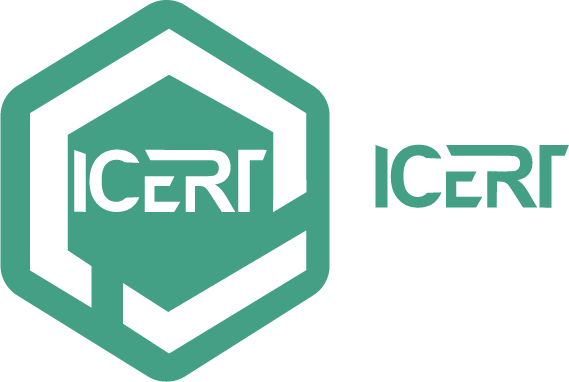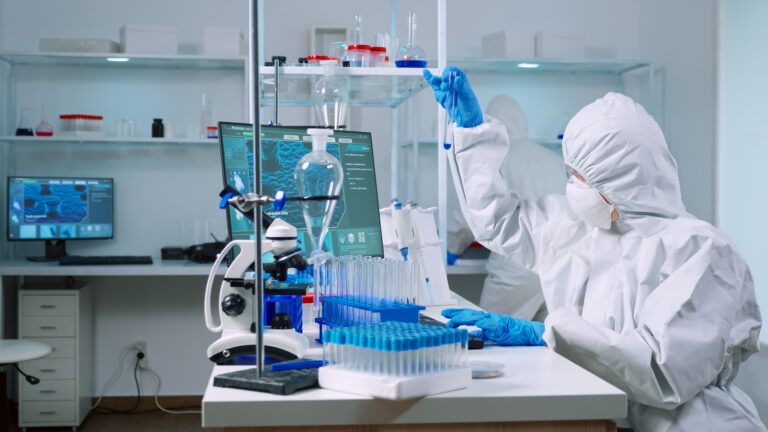Overview
The food sector benefits from ISO standards by ensuring product quality, safety, and sustainability. ISO 22000 (Food Safety Management) helps food companies implement effective safety measures, reducing the risk of contamination and ensuring compliance with international health standards. ISO 9001 (Quality Management) ensures consistent product quality and enhances customer satisfaction. ISO 14001 (Environmental Management) promotes sustainable practices, such as waste reduction and energy efficiency, which benefit both the environment and the bottom line. ISO 45001 (Occupational Health and Safety) ensures a safe working environment, reducing workplace risks. These standards help companies build consumer trust, meet regulatory requirements, and improve operational performance.
Packages
- ISO and API Consultancy/ Gap Assessment
- Documentation & Process Optimization
- Internal Audits & Readiness Review
- Certification Audit Assistance
Top food companies apply ISO standards to enhance food safety, quality control, environmental responsibility, and consumer trust, contributing to the growth and reliability of the food sector.
- Shangri-La Hotel (UAE): Certified for ISO 22000 (Food Safety Management), ensuring the highest standards of food safety and hygiene in its dining operations.
- Banz Group (UAE): Implements ISO 22000, FSSC and ISO 9001 (Quality Management), focusing on food safety and consistent product quality in food manufacturing and distribution.
- Triburg Logistics (UAE): Certified for HACCP, ensuring safe and high-quality food products in its retail and supply chain operations.
- Almarai (Saudi Arabia): Holds certifications for ISO 22000 (Food Safety Management), ISO 9001 (Quality Management), and ISO 14001 (Environmental Management), ensuring quality, safety, and sustainability across its dairy and food production processes.















